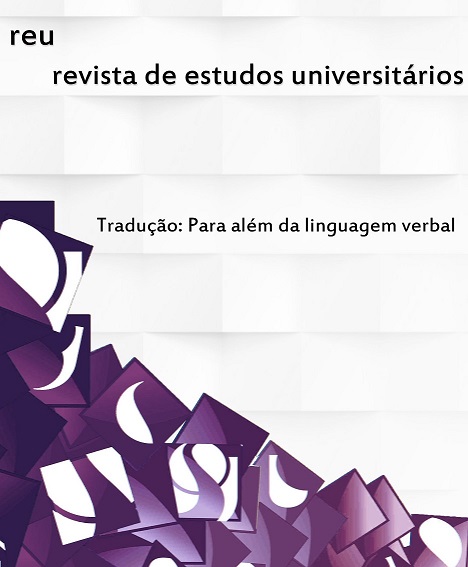Re-positioning Wor(l)ds in the Literary Map: Translation as a Token of Mobility
DOI:
https://doi.org/10.22484/2177-5788.2016v42n1p259-275Resumo
This study is grounded on the hypothesis that the translator operates within a two-way road; thereby, when it goes to the dialogue established between Canada and Brazil the concept of Americanity is bestowed with the responsibility of giving and receiving. Literature might thus help us shape an American continentality utopia. The reflections provided herein focus then on my translation of Leacock’s novel, whereby the assets and drawbacks of providing my readers with such utopia are considered and elaborated upon. My findings evince that Leacock’s novel is not only Canadian, but from a particular Canadian context permeated by epistemes that make target and source audiences at the same time similar and opposed. Literary meanings are mobile and obscure; a decoy that shows there is no literary essence, but only literary absence. The secret is to decode the silence produced by absence – and that is precisely the point of translating.Downloads
Não há dados estatísticos.
Downloads
Como Citar
GONÇALVES, Davi. Re-positioning Wor(l)ds in the Literary Map: Translation as a Token of Mobility. Revista de Estudos Universitários - REU, Sorocaba, SP, v. 42, n. 1, 2017. DOI: 10.22484/2177-5788.2016v42n1p259-275. Disponível em: https://periodicos.uniso.br/reu/article/view/2510. Acesso em: 23 dez. 2024.
Edição
Seção
Artigos
Licença
A responsabilidade sobre o conteúdo das publicações são total e exclusiva dos autores, que mantêm os direitos autorais e atribuem o direito de primeira publicação para a REU - Revista de Estudos Universitários. Ao submeter o artigo, o(s) autor(es) garante(m) que ele não contém nenhuma violação de quaisquer direitos autorias.























